Once Upon a Time in (White) Hollywood
Tarantino's alternative history of the 1960's uncritically repeats the era's sexist and racist stereotypes.
Incluvie – Better diversity in movies.
Identity in film through scores, reviews, and insights.
Incluvie – Better diversity in movies.
Explore identity in film through scores, reviews, and insights.
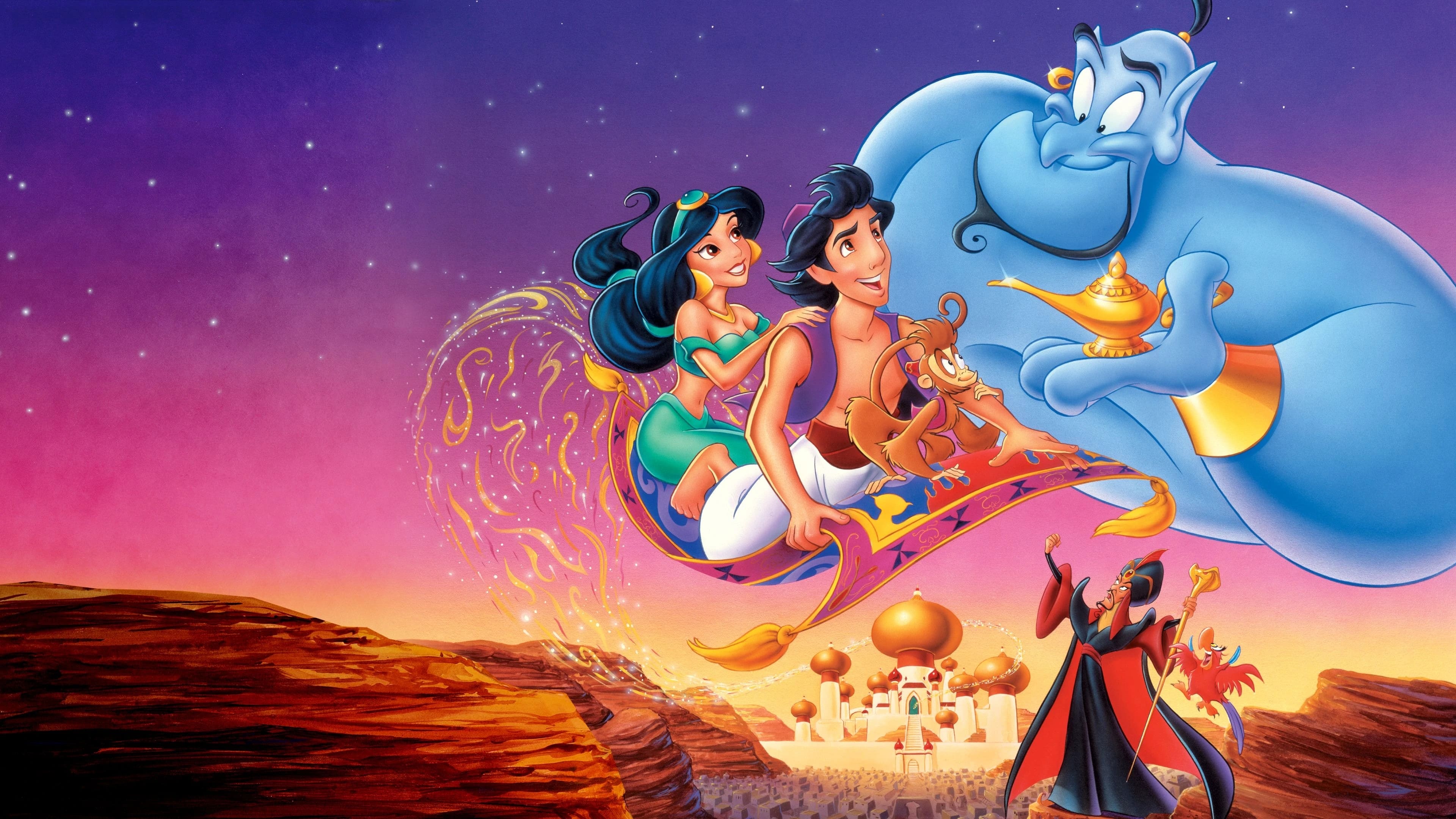

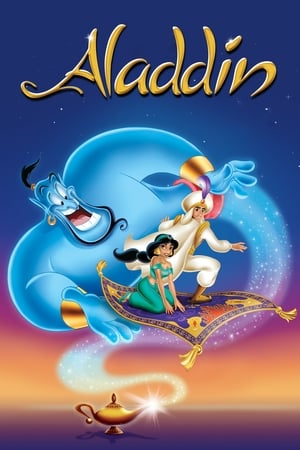


Few things in the realm of entertainment are able to replicate, let alone surpass, the enchanting and fantastical worlds of Disney Studios. Their magical wonderlands and blissful worlds have been captivating audiences for almost a century and I am no exception - some of the most influential media from my childhood up to now have been products of Disney. But I'm not here to celebrate or excuse them, they have a glaring and, up until recently, unaddressed issue that spans nearly its entire lifetime - an absence of diversity. And that doesn't really even begin to express the gravity of the issue, it's more an avoidance of diversity, a conscious effort to neglect any competent minority representation. It wasn't until 69 years later that Disney finally released a film featuring people of color in 1992's Aladdin - with an all-white voice cast. And three years after that with one of the most beautifully animated films Disney has ever produced in Pocahontas in 1995, which actually utilized Native American talent such as Irene Bedard, James Apaumut, and Russell Means, amongst others, to voice its Native American characters, but also has one the most backwards and problematic narratives Disney has ever offered. It wasn't until Mulan in 1998 that Disney finally made a feature film about non-white characters, starring (primarily) non-white actors, that made actual progress towards inclusion and even as it relates to trans representation as discussed here, which is something the rest of the industry still has yet to make significant progress on. But with that being said, since 2009's Princess and The Frog, Disney has seemingly made an effort to release films featuring a variety of cultures that stand alone and above many of their other projects.
But they still have a ways to go. While they have made enormous leaps in way of Hispanic and Asian representation with fantastic films like Coco, Moana, Raya and the Last Dragon, Encanto, and most recently Turning Red, they have fallen behind on the front of Black representation, with only two films, 11 years apart, featuring a Black main character. Princess and The Frog and 2020's Soul. This lackadaisical attitude they seem to have is a bit alarming, and as great as I thought Soul was, there was one stand-out issue: the main character, Joe Gardners (Jamie Foxx), has his soul swapped into the body of a housecat while 22 (Tina Fey), a yet to be born soul, is transferred to his body, thus removing any sense of individualism he once had, and even plays him off as a joke at times. This is, unfortunately, the case for a not-insignificant portion of the film. Joe spends a lot of time as a tamed, talking cat while a white woman is voicing and acting in a black body. This doesn't entirely ruin the film or detract from what is otherwise beautiful, but the decision to commit to this frame of storytelling for such an extended duration is a bit perplexing, especially given it received so much praise for its depiction of Black culture. Though the film does have a number of themes permeating throughout, it can feel a touch crammed, which ultimately leads to getting even less time with Joe Gardner - the man. And for those of you who have seen it, you know he isn't devoid of development, as Joe and 22 rely on one another to learn about multiple different aspects of life. But it still remains that he isn't his own person for much of the movie, and I would have loved to see a version of the film where Joe still gets to experience that same development while being in control of his own actions. I don't entirely know how something as glaring as this went overlooked at Disney, and Pixar too for that matter. (Editor's note: especially after how Princess Tiana was trapped in the body of a frog for most of Disney's Princess and the Frog.)
This also isn't the only misstep they've taken recently. Disney recently had a scene for the upcoming Pixar film Lightyear removed, that features a same-sex kiss. Fortunately, Pixar employees demanded it be restored and Disney complied, but why was it taken out in the first place? Disney seems insistent on reaming stagnant when it comes to inclusion and trying to represent all types of people. When they move, they move slow, and the progress is minimal, but at the end of the day, it's progress nonetheless. With films like Luca, which many argue is LGBTQ+ coded given the relationship between the two main characters, Disney clearly has the potential to tell incredible stories revolving around same-sex relationships if they just stop with the 'no-homo' environment they seem to be pressing. I personally think it's time for Disney to stop with the tip-toeing and release a film with proper representation for groups of people they have otherwise hidden as background ambiguous easter eggs, and simply deal with whatever controversy they would inevitably receive. Because let's be honest, with the success of their animated features, not to mention their little properties known as Star Wars and the MCU, it's not like they have anything to recover from financially. So bite the bullet, Disney: you have no reason not to.
So, I’m not just writing this article because this is my favorite Disney film and I want to gush about it, but I find it a relevant film to talk about during quarantine. For those few who don’t know the story, Hunchback of Notre Dame is about Quasimodo (Tom Hulce), a deformed bell-ringer who yearns to be free from his sheltered life inside Notre Dame Cathedral, but has to stay away from society because his master, Judge Claude Frollo (Tony Jay), forbids it.
Quasimodo is a character whom we can all relate to right now. He wants to get out there, and his song “Out There” is a powerful number that emphasizes his desire to belong. His desire to be free from the restrictions that has bound him for 20 years.
Now, if Quasimodo is able to handle isolation inside a dark cathedral for that long, we can handle this quarantine. We can do it, everyone.
Anyhow, “Quasi” manages to leave his confinement and goes to a festival called the Feast of Fools. He’s crowned the King of Fools as everyone believes that he’s wearing a hideous mask, but when it’s revealed that it’s not the case, he’s humiliated. Quasi’s tied up, insulted, and has food thrown at him.

In the boorish city of Agrabah, kind-hearted street urchin Aladdin and Princess Jasmine fall in love, although she can only marry a prince. He and power-hungry Grand Vizier Jafar vie for a magic lamp that can fulfill their wishes.
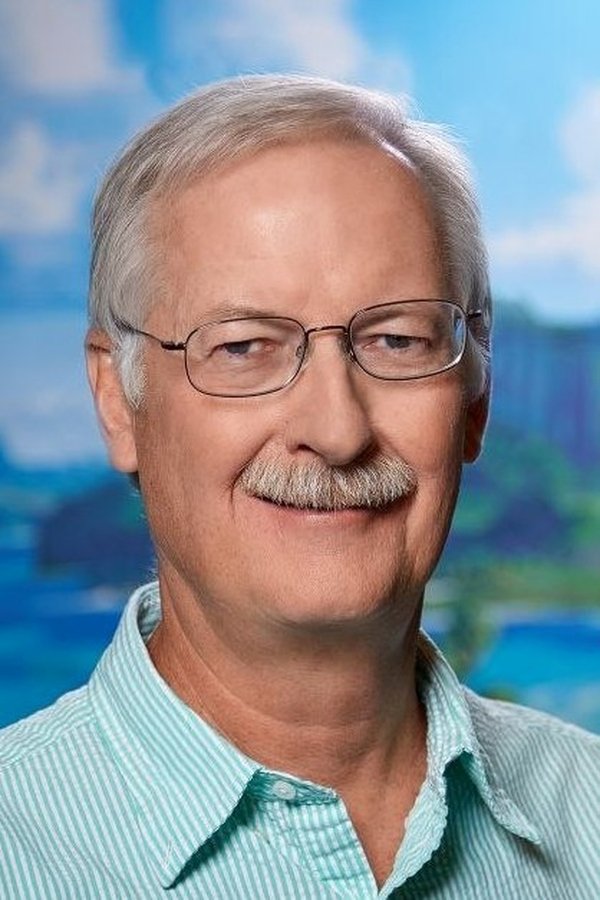
John Musker, Ron Clements
Director

John Musker, Ron Clements
Director
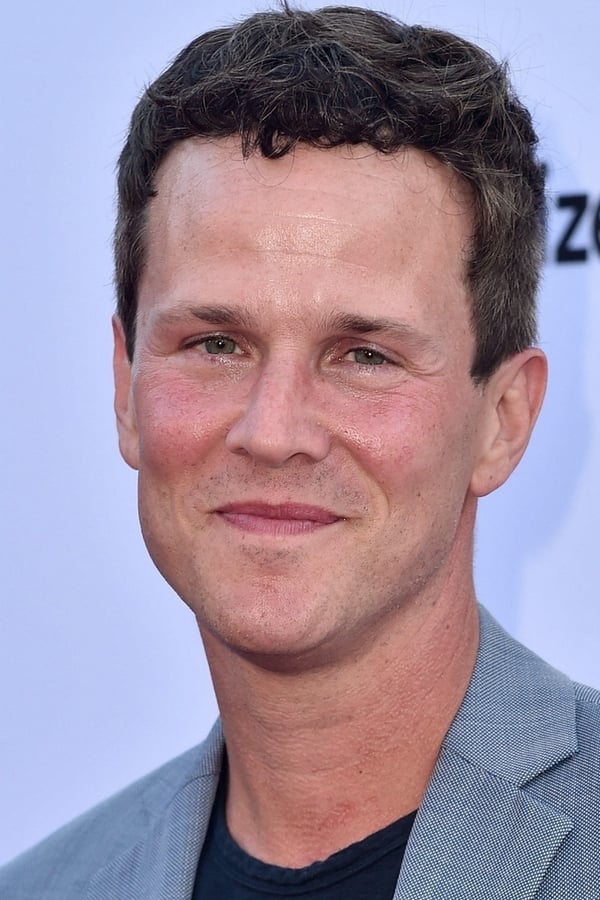
Scott Weinger
Aladdin (voice)
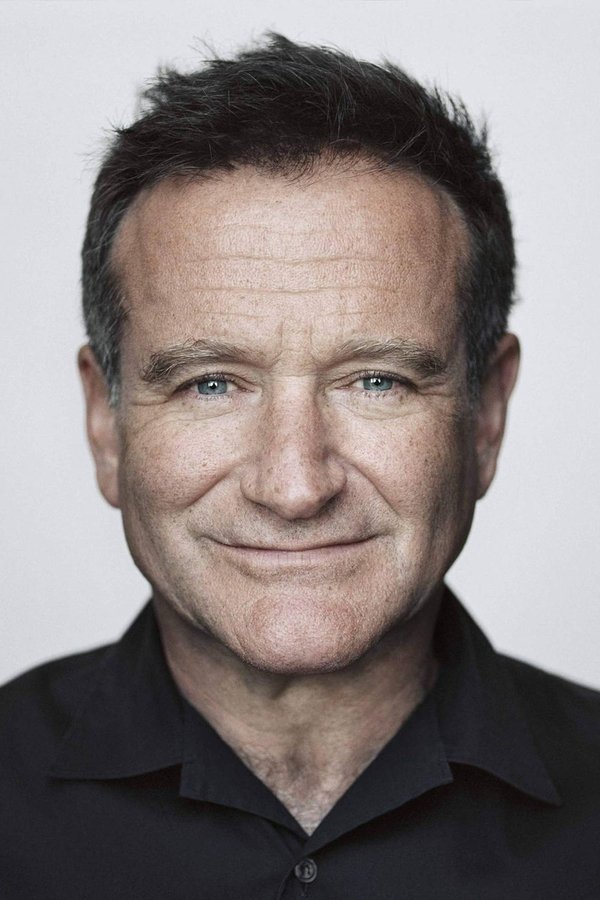
Robin Williams
Genie / Peddler (voice)
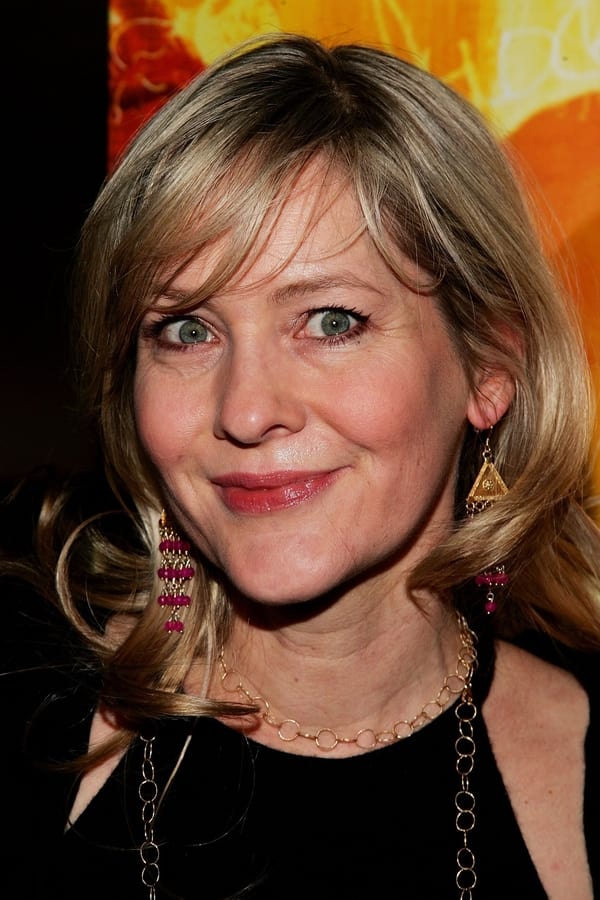
Linda Larkin
Jasmine (voice)

Jonathan Freeman
Jafar (voice)
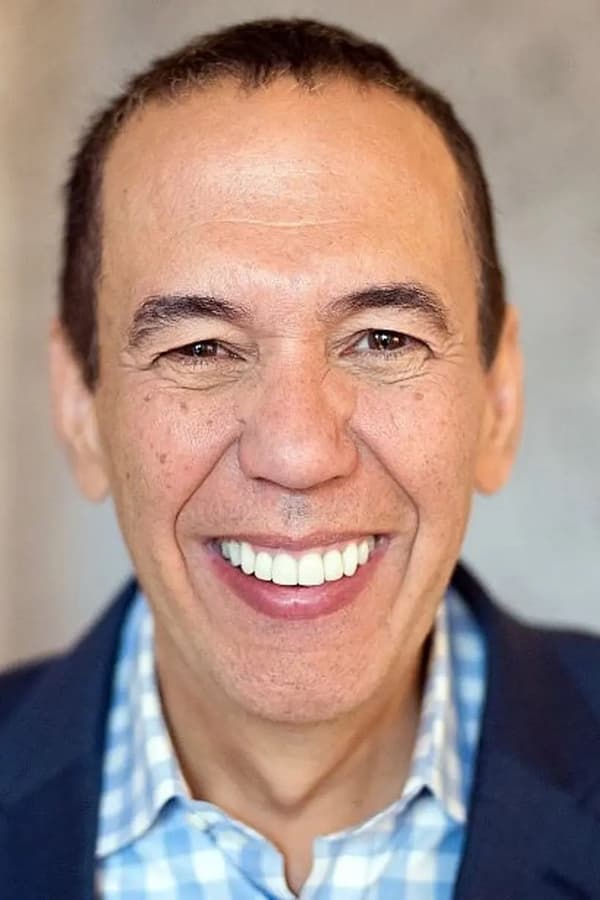
Gilbert Gottfried
Iago (voice)
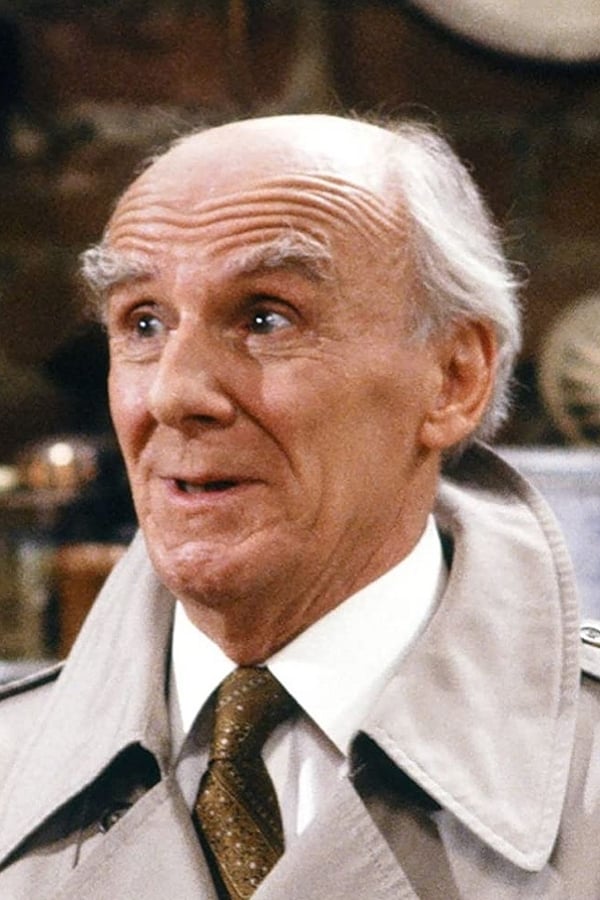
Douglas Seale
Sultan (voice)
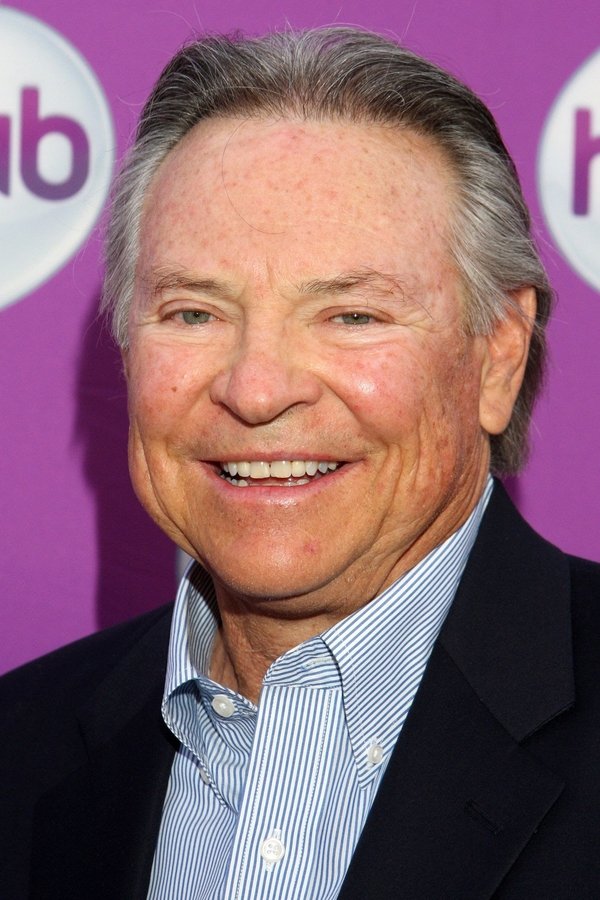
Frank Welker
Abu / Cave of Wonders / Rajah (voice)
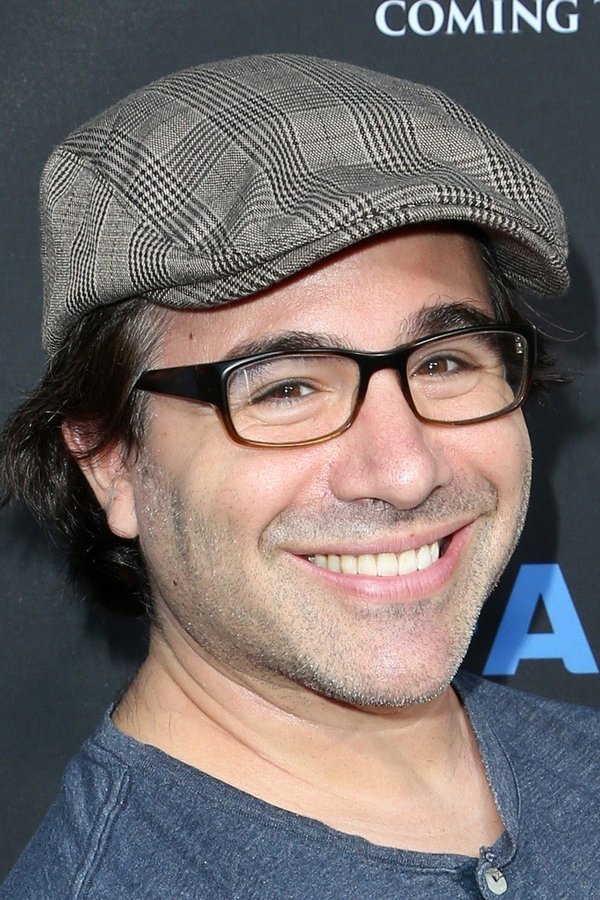
Brad Kane
Aladdin (singing voice)
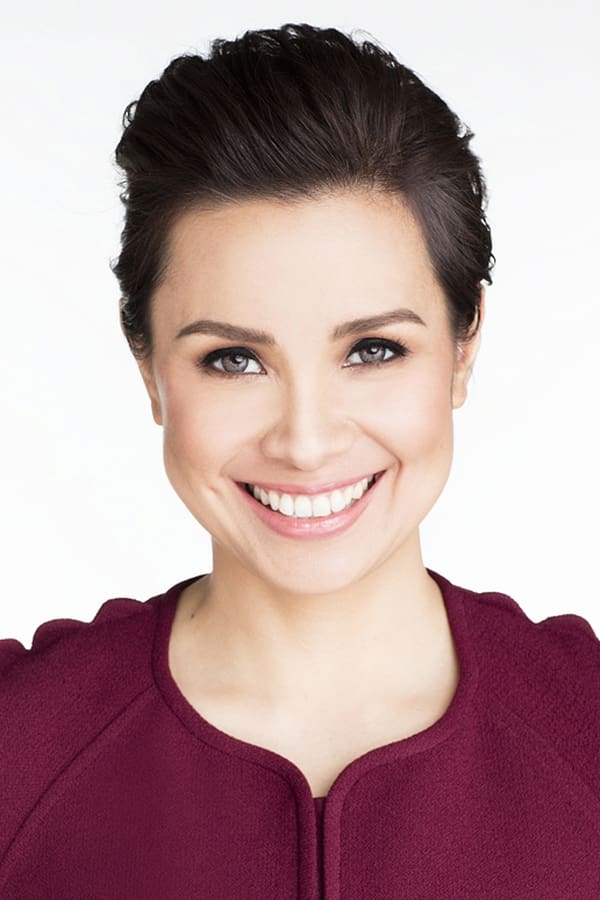
Lea Salonga
Jasmine (singing voice)
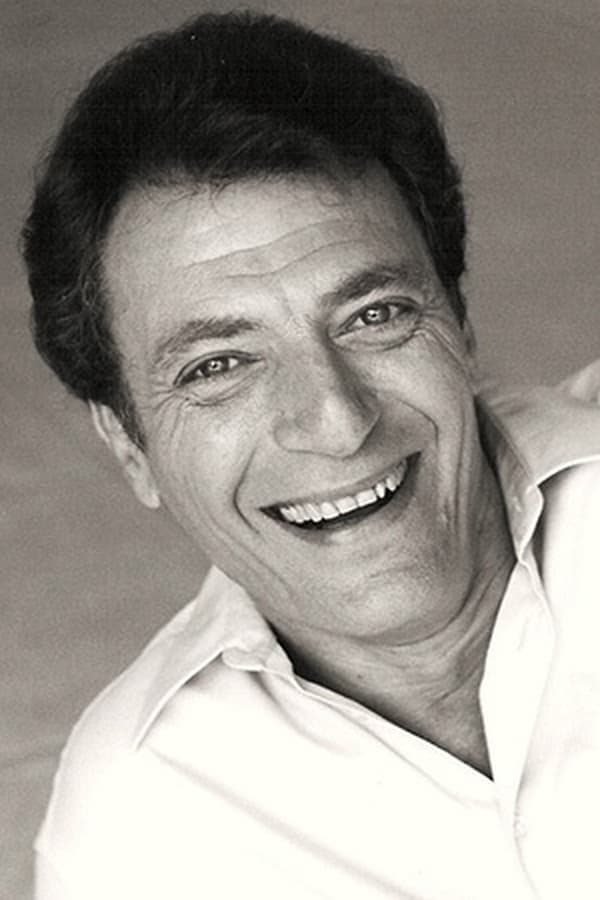
Bruce Adler
Peddler (singing voice)
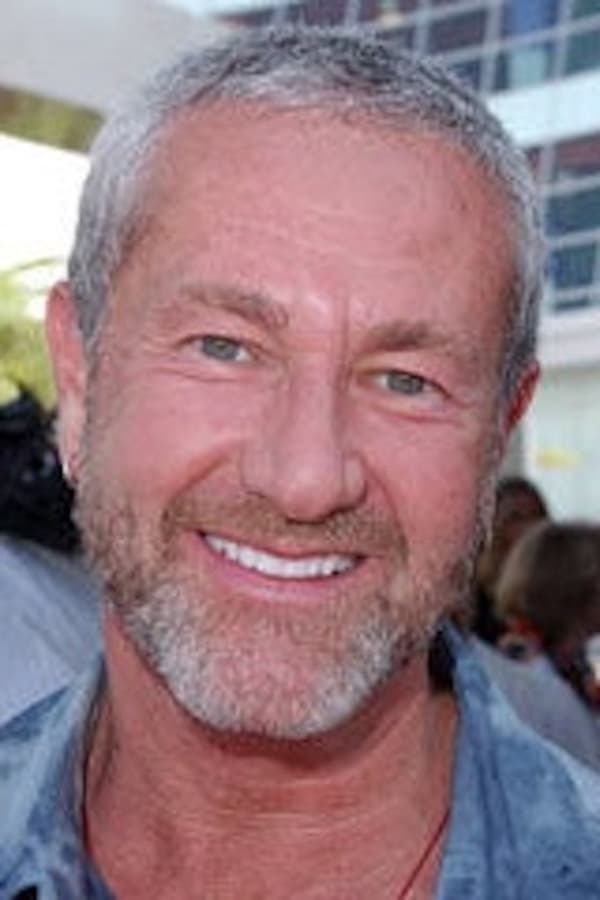
Charlie Adler
Additional Voices (voice)
Tarantino's alternative history of the 1960's uncritically repeats the era's sexist and racist stereotypes.
Starring Jake Gyllenhall and Yahya Abdul-Mateen II, 'Ambulance' is a film not only about a bank heist gone wrong, but also about brotherhood.
World-famous drag queen Trixie Mattel shares a year of her life with the world in this vulnerable and uplifting documentary.